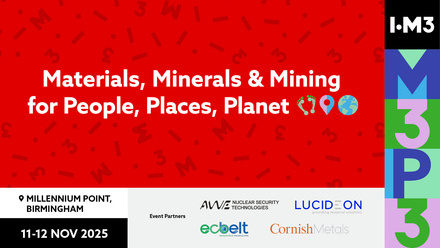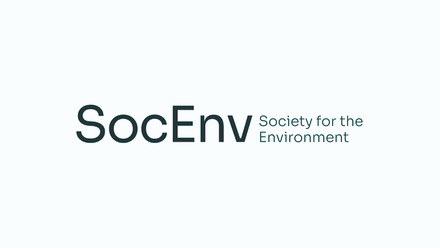IOM3 responds to Welsh Government Disused Mine and Quarry Tips Bill
The Institute submitted a response to the Senedd Climate Change, Environment and Infrastructure Committee.
The Disused Mine and Quarry Tip (Wales) Bill was introduced with the aim of reducing the likelihood of landslides on disused coal and non-coal tips and ensuring there is no threat to human welfare from tip instability. To meet this goal, the bill proposes the establishment of a new public body, the Disused Tips Authority for Wales, to carry out the assessment, registration, monitoring and management of disused tips.
In December 2024, the Climate Change, Environment and Infrastructure Committee launched a consultation on the bill, investigating issues such as the need for legislation in this area, the capacity of the bill to achieve its stated policy objectives, the workability of the proposals, barriers to implementation and potential unintended consequences of the bill.
IOM3 responded to the consultation, highlighting the necessity of a comprehensive legislative framework for managing the unpredictability of spoil tip stability. The Institute welcomed both the bill and the establishment of a dedicated public body and noted the potential of these measures to substantially decrease the risks posed by these sites.
A key message of the IOM3 submission was that the aims of the legislation can only be fulfilled with effective and comprehensive implementation. This includes clear and systemic guidelines on how risks are assessed and the conditions that will trigger a partial or full investigation by the Disused Tips Authority. Moreover, IOM3 noted that due to the highly technical nature of monitoring and managing tip stability, it is vital that the Authority is adequately funded with access to the specialised expertise needed.
Finally, IOM3 highlighted that community buy-in will be vital to the success of the bill, as residents may have concerns about the impacts of certain site interventions in their localities. In line with this, the Institute stressed that community engagement and transparency should be central to the Authority’s operation and that mechanisms should be implemented in a way that builds trust and encourages cooperation.
The Climate Change, Environment, and Infrastructure Committee laid its report summarising its findings on 4 April. This can be found on the consultation webpage. IOM3 input is highlighted throughout the report, and it is great to see alignment between the Committee’s recommendations and the Institute’s position in several areas. These include recommendations on implementing systems to address environmental harm associated with disused tips and their management, ensuring sufficient access to the necessary skills and expertise to implement the bill, providing more detailed standards for assessment processes and ensuring engagement with local communities.
Read the full IOM3 submission below.








